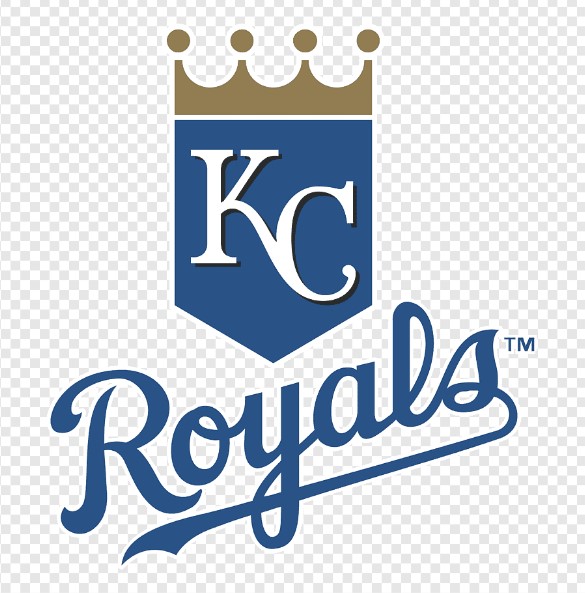
Kansas City Royals Fan Mail Address:
Kansas City Royals
Kauffman Stadium
1 Royal Way
Kansas City, MO 64129-6969
USA
Address Info:
Kauffman Stadium
(Baseball Stadium)
1 Royal Way
Kansas City, MO 64129-6969
USA


Kansas City Royals
Kauffman Stadium
1 Royal Way
Kansas City, MO 64129-6969
USA
Kauffman Stadium
(Baseball Stadium)
1 Royal Way
Kansas City, MO 64129-6969
USA